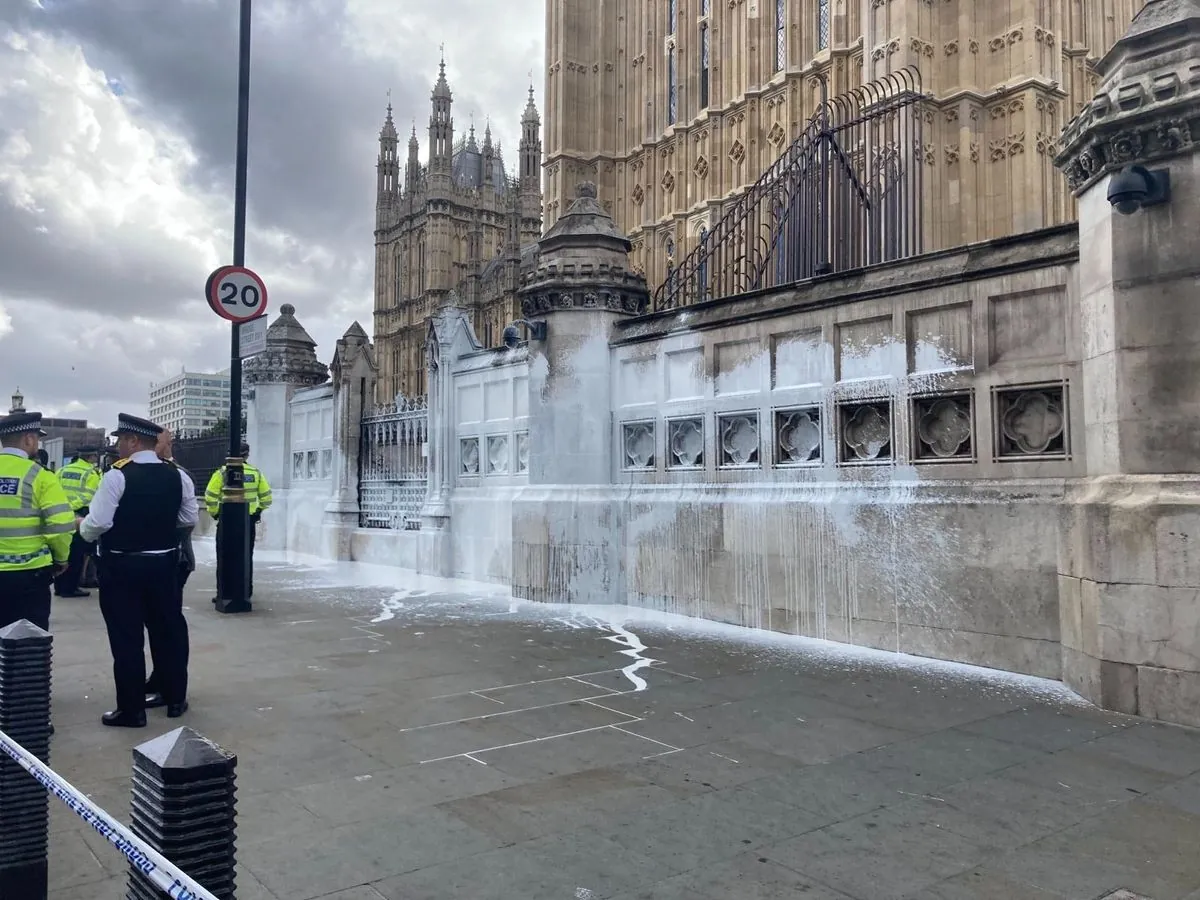Labour MPs Abstain as Winter Fuel Payment Cuts Pass Commons Vote
UK government's plan to restrict winter fuel payments passes despite Labour abstentions. The policy aims to save £1.4 billion annually but faces criticism from charities and opposition MPs.

In a significant political development, the UK government's plan to restrict winter fuel payments has passed a Commons vote, despite numerous Labour MPs abstaining. The decision, which will affect millions of pensioners, has sparked debate and criticism from various quarters.
The new policy, set to be implemented in the winter of 2024, will limit winter fuel payments to retirees who receive pension credit. This change is expected to reduce the number of recipients from 11.4 million to approximately 1.5 million, potentially saving the government £1.4 billion annually.
Sir Keir Starmer, the Labour leader, faced the largest revolt of his premiership as 53 Labour MPs did not record a vote. While some absences were authorized, at least 15 backbenchers who had previously expressed opposition to the policy chose not to participate in the vote.
"I fear that removing the payment from pensioners will mean that many more will fall into poverty this winter. We know that the consequences of pensioner poverty are devastating. It can even be a matter of life and death ... I could not, in good conscience, vote to make my constituents poorer."
The winter fuel payment, introduced in 1997 by the Labour government, has been a universal benefit for pensioners. However, the current government argues that means-testing is necessary to address what they claim is a £22 billion "black hole" in public finances.

Charities and campaigners have expressed concern about the potential impact of these cuts. Age UK described the plans as "brutal," warning of a "deeply challenging" winter for retirees unable to supplement their income. This is particularly concerning given that fuel poverty affects around 3.2 million households in England, based on 2021 data.
The debate surrounding this policy change highlights the ongoing challenges faced by the UK's aging population. With over 18% of the population aged 65 and above as of 2021, and the state pension age set to rise to 67 between 2026 and 2028, the issue of pensioner support remains critical.
Liz Kendall, the Work and Pensions Secretary, defended the policy, stating that it was a difficult but necessary decision to ensure responsible management of taxpayers' money. However, opposition MPs, including Mel Stride, the shadow work and pensions secretary, criticized the lack of an impact assessment and accused the government of breaking promises.
The controversy extends beyond party lines, with some Conservative MPs, including Sir Iain Duncan Smith, expressing opposition to the cuts. The debate also touches on broader issues of universality versus means-testing in the benefits system, a topic that continues to divide opinion among policymakers and the public.
As the UK faces rising energy costs and an aging population, the decision to restrict winter fuel payments will likely remain a contentious issue. With the policy set to take effect in the coming winter, its impact on pensioners and the broader economy will be closely watched by all stakeholders.


































